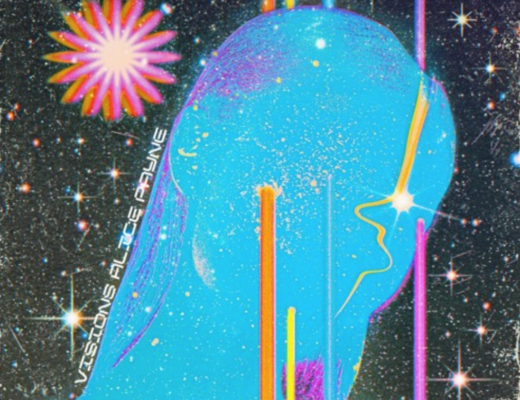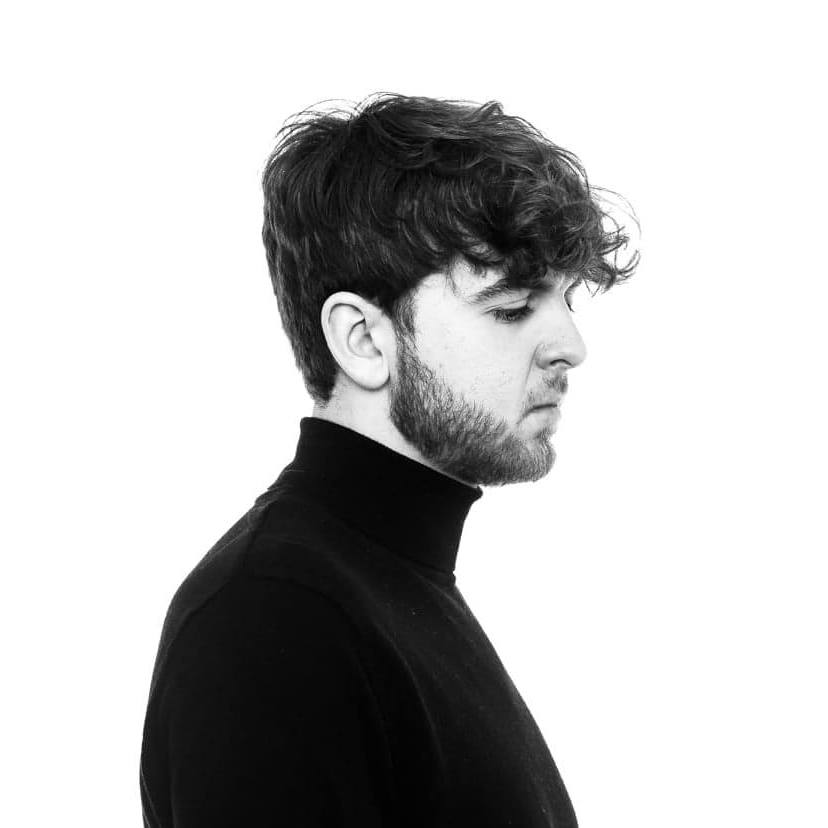Love it or hate it, the retro-futurism of synthwave and retrowave is here to stay. At least until a new sonic trend comes along, which will hopefully be sooner rather than later because the music industry can only take so many up-and-coming artists assimilating The Midnight, Gunship, and Timecop1983.
Whether you delve into R&B, rock, pop, or electronica genres, you are bound to find artists struggling to leave the neon-soaked iconography of the 80s in the rearview mirror and plenty more who are determined to tap into society’s lust for nostalgia.
The 21st-Century Obsession with 80s Aesthetics
The music industry is far from the arena choked with retro-futuristic aesthetics. The wider landscape of pop culture is luminous with backlit lights. Films such as the 2011 hit Drive, the Hotline Miami video game, and TV shows such as Stranger Things can all be pinpointed as culprits in this cult-like obsession with 80s nostalgia.
While neither electro-pop nor synthwave has ever been fully shunned from the mainstream, it is back with an analogue vengeance with more artists inclined to tap into the feel-good factor of nostalgic melodies, characteristic synth lines and pulsing rhythmic beats and patterns.
It is far from just the addictive hooks perpetuating the appeal of the retro genres. The desolation, dystopia, and isolation of the COVID-19 era have also been attributed to the unreckonable force of retro-futurism.
During the multiple lockdowns, which paused live music and left people confined to their homes, people found themselves finding escapism via music, and notably, there were few better escapist avenues than the ones synthwave provided.
Take the success of Charlie XCX’s album, How I’m Feeling Now, and anything the Weeknd has ever created as a prime example; The Weeknd is still the most streamed artist on Spotify with 111.2 million monthly listeners; his hit single, Blinding Lights broke records after it became the most streamed single history. To date, it has garnered over 3.827 billion streams.
A Brief History of Synthwave
Synthwave started to emerge in the mid-2000s, when the French house producers, David Grellier and Kavinsky started to emanate 80s film soundtracks in their soundscapes.
Other musicians and producers who jumped on the bandwagon were keen to assimilate the likes of Tangerine Dream, New Order, and Gary Numan, while visual artists were instantly obsessed with neon lights, Ferraris, and pretty much anything to do with Miami. John Carpenter seemed to be at the epicentre of it all until the premiere of the Ryan Gosling film, Drive, in 2012. Shortly after, the likes of Cassius, Stardust, and Daft Punk played a pivotal role in the glamourisation of 80s imagery.
Initially, synthwave represented a rejection of the 90s sonic styles. Today, there is little semblance of rebellion with the mainstream appeal of it. Even Taylor Swift has hopped on the bandwagon with her 2022 album, Midnights. At this oversaturation point, it is clear that something has to give or evolve, but there is little consensus on what the future of synthwave could look like.
Where Do We Go From Here?
Just as the rock and hip-hop genres managed to diversify themselves, we have little doubt that innovative artists will come along with the ability to make the synthwave sound a little less derivative. However, as nostalgia is much a part of the music as the 4 / 4-time signatures, which provide a kick on every beat of the bar, and the staple drum machines and synths, it’s unlikely that the evolution of the genre will ever blast into an entirely new stratosphere. But for what it is worth, Synthwave has already spawned swathes of subgenres. To name a few, they include:
Dreamwave – the downtempo sister of synthwave, which comes with higher tones and higher frequencies.
Scifiwave – an iteration of synthwave with a heavier emphasis on orchestral and cinematic synthetics.
Vaporwave – a more satirical and ambient exploration of 80s and 90s stylings, which is often confused with synthwave.
Sovietwave – surreally everything that it says on the tin; soundscapes which euphonically encompass the fall of the Soviet Union.
Darkwave – a darker and more gothic approach to synth wave; a genre defined by the sounds of Carpenter Brut and Perturbator.
When we asked AI to predict the future of the genre, it had even bigger ideas. It envisioned the genre reaching even bigger heights with augmented and virtual reality immersive experiences for music fans, hologram-littered visual shows and entire festivals dedicated to synthwave artists.
Time will only tell if the genre can sustain its legacy, but as technology evolves, there is plenty of expectation that synthwave will follow suit. Although, after the excessive appropriation of the 80s sound, there is every chance that a new revivalist era will begin.
After all, trends work in cycles, which means a resurgence in Britpop, grunge, and nu-metal may be becoming overdue! It used to be that trend cycles lasted for 20 years, but internet culture has wreaked havoc with those trend cycles.
–
For more updates on music industry trends, keep following our blog, or learn the importance of nostalgia in music by reading our piece on the neurology of nostalgia and the price the music industry pays for it.
Article by Amelia Vandergast




No Comments